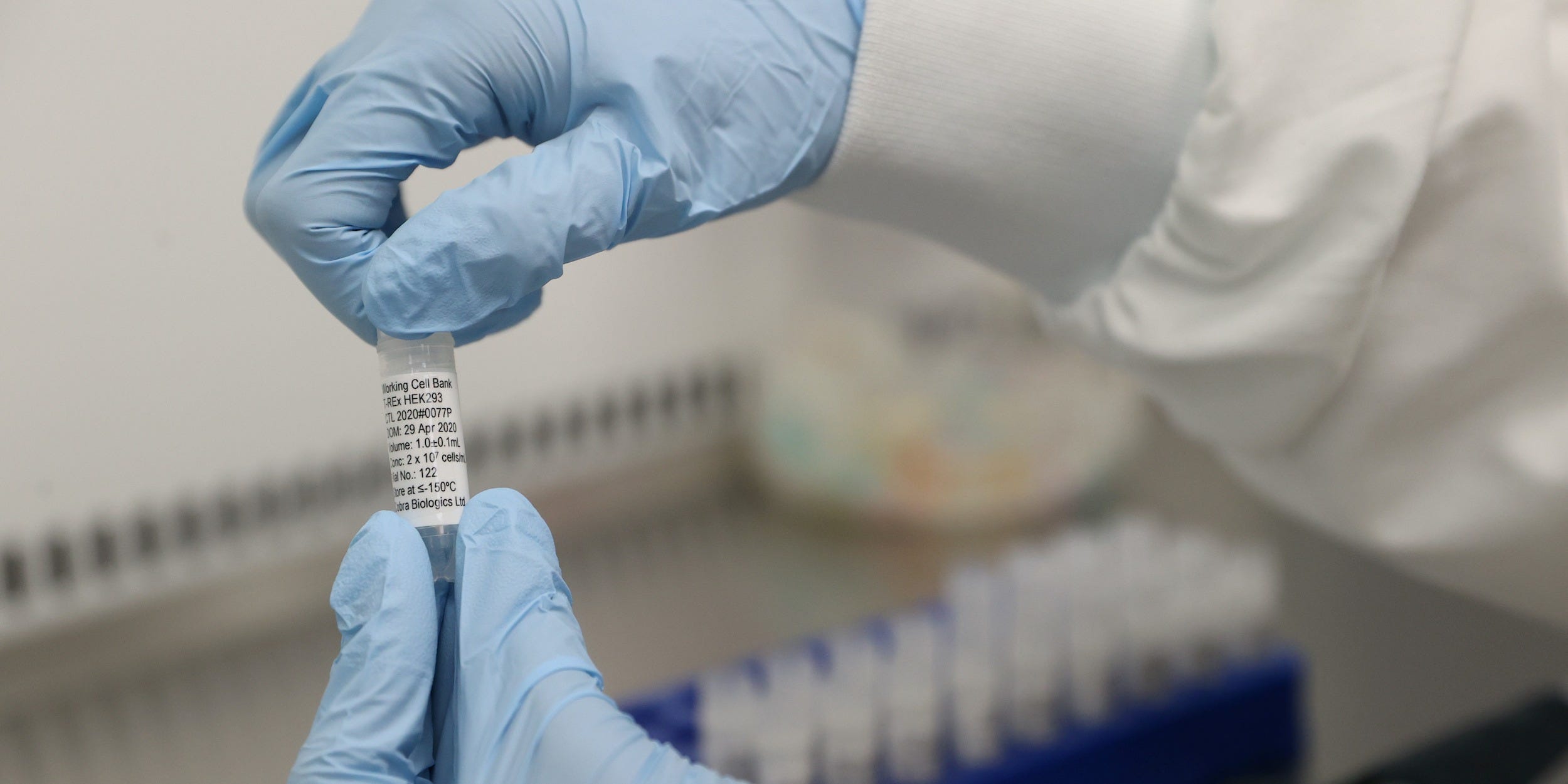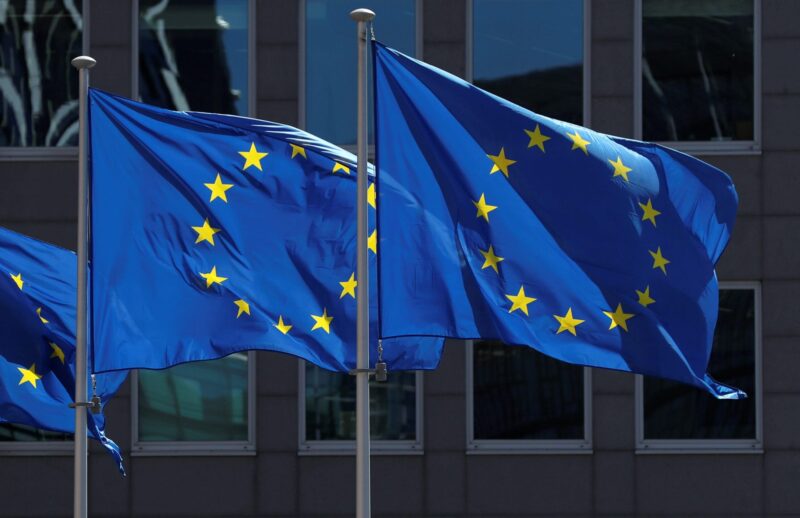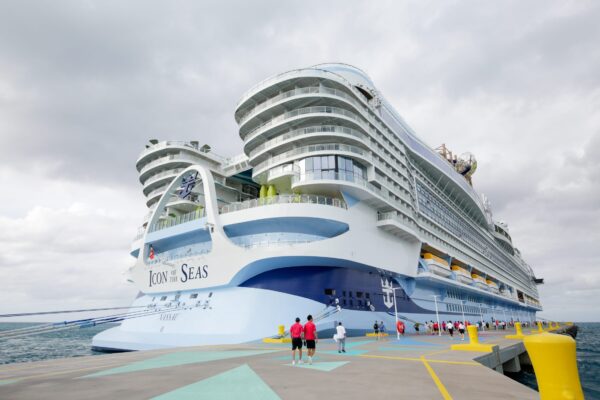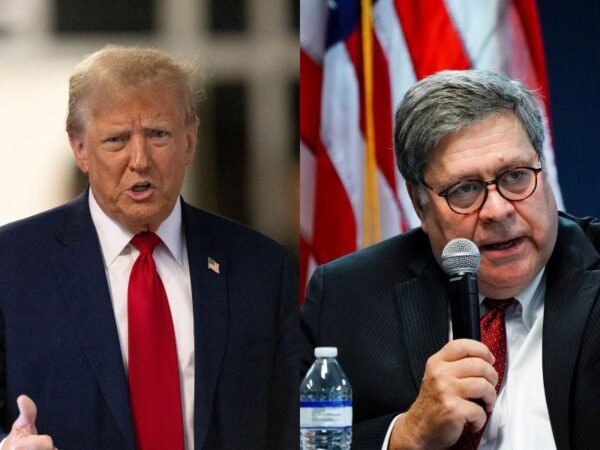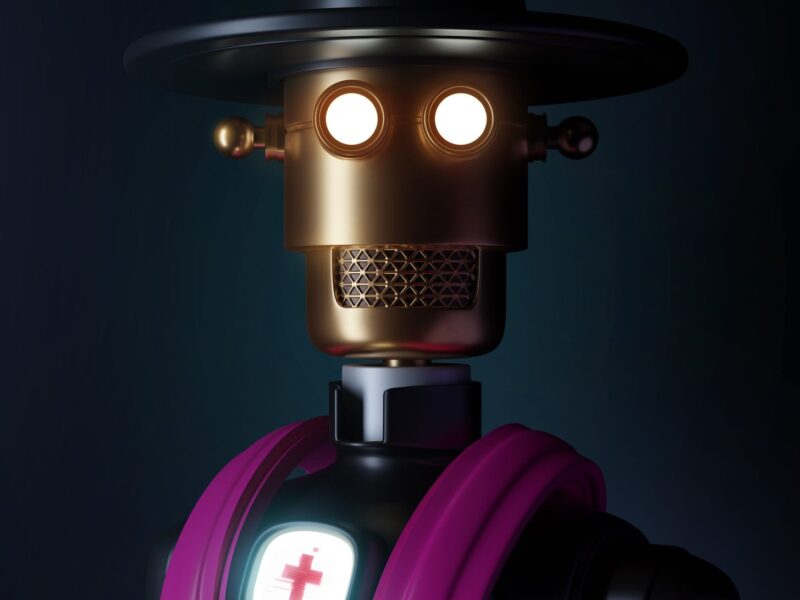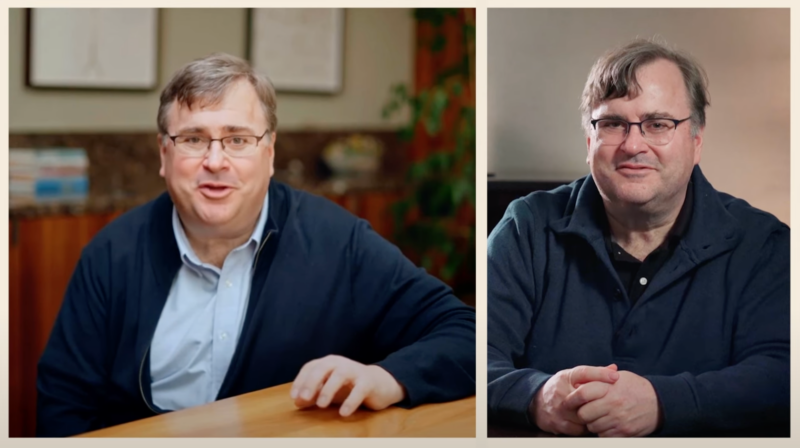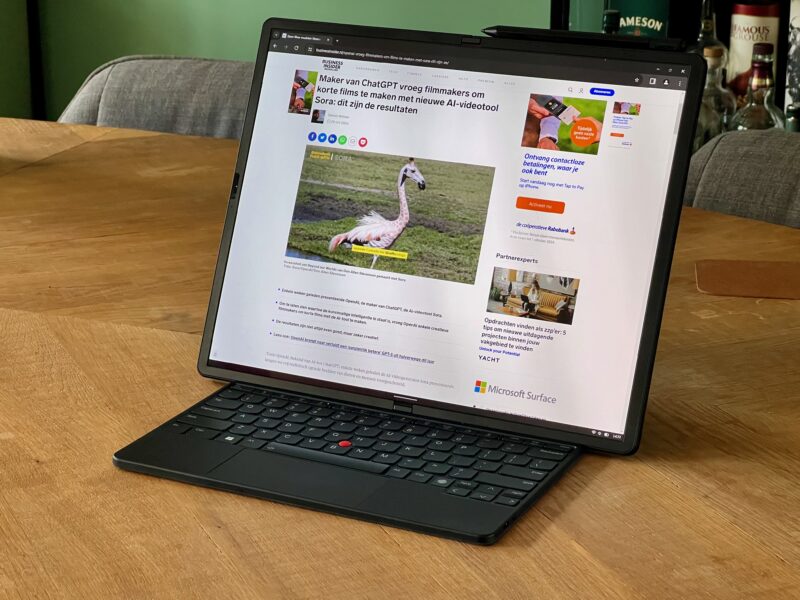- Former FDA commissioner Scott Gottlieb said Sunday that a “lot of uncertainties” lie in the process of developing a vaccine for widespread administration.
- However, a vaccine could likely be ready in the fall of 2020 to “ring-fence an outbreak” in a particular city or for a “certain portion of the population on an experimental basis.”
- Tom Inglesby, director of the Johns Hopkins Center for Health Security, said on NBC’s “Meet the Press,” said that a 12-18-month timeline for a vaccine would have previously seemed “completely unrealistic,” but figures like Dr. Anthony Fauci could make it “possible.”
- “We should hold out some level of hope that if everything goes in the right direction, we could possibly be seeing a vaccine by the end of the year,” Inglesby said.
- Visit Business Insider’s homepage for more stories.
Two public-health experts projected that the timeline for the delivery of a novel coronavirus vaccine is still likely to occur at the end of this year at the earliest.
Former FDA commissioner Scott Gottlieb said Sunday on CBS’ “Face the Nation” that a “lot of uncertainties” face the process of moving a vaccine from a variety of successful trials to widespread manufacturing, pointing to his experience with the difficulty in scaling a vaccine for the 2009 H1N1 pandemic.
“When you try to scale up and get volume, a lot of things can go wrong, a lot of things can be delayed,” Gottlieb told host Margaret Brennan. “It’s very hard to get to the point where you’re manufacturing at high, high quantities.”
“I would say that’s’ probably more likely a 2021 event that we’re going to have a vaccine available in sufficient quantities to mass inoculate the population,” he said, before adding that a vaccine could likely be ready in the fall to “ring-fence an outbreak” in a particular city or for a “certain portion of the population on an experimental basis.”
VACCINE NEWS: “It’s probably a 2021 event,” @ScottGottliebMD tells @margbrennan about when there will be widespread availability of a reliable vaccine for #COVID19 pic.twitter.com/a1JjU0fpoD
— Face The Nation (@FaceTheNation) May 17, 2020
Gottlieb's comments came the same day Tom Inglesby, director of the Johns Hopkins Center for Health Security, appeared on NBC's "Meet the Press," where host Chuck Todd asked him about the previously mentioned "12 to 18-month timeline" for the vaccine.
"Is the 12 to 18-month timeline realistic or not?" Todd asked.
Inglesby said that the timeline would have previously seemed "completely unrealistic," and though some challenges still lie ahead, officials like Dr. Anthony Fauci, the nation's top infectious-disease expert, and Moncef Slaoui, Trump's recent pick for chief of the vaccine task force and a former chairman of vaccines at GlaxoSmithKline, could make it "possible."
Fauci testified before Congress on May 11 that the 12-to-18-month timeline is possible, but there was no guarantee a vaccine would work at all. Days later, Trump announced an initiative to develop and make available "hundreds of millions" of doses of a coronavirus vaccine by the end of 2020.
"Well, coming into this year I would have said it was completely unrealistic," Inglesby said. "I still think that there -- it is far from a sure thing. But given that there are now 110 vaccine projects going on around the world that all the major vaccine companies in the world are working on this in some way, and given that Tony Fauci and Moncef Slaoui are now leading figures in the US in this project and they both believe it's possible, I think it is possible."
Despite promising beginnings with a massive class of vaccine projects, Inglesby warned that the US can't yet "bank on" the trials.
"But everything would have to break in the right way," Inglesby said. "And there are many ways that it might not work. So, I don't think we should bank on it. But we should hold out some level of hope that if everything goes in the right direction, we could possibly be seeing a vaccine by the end of the year."

